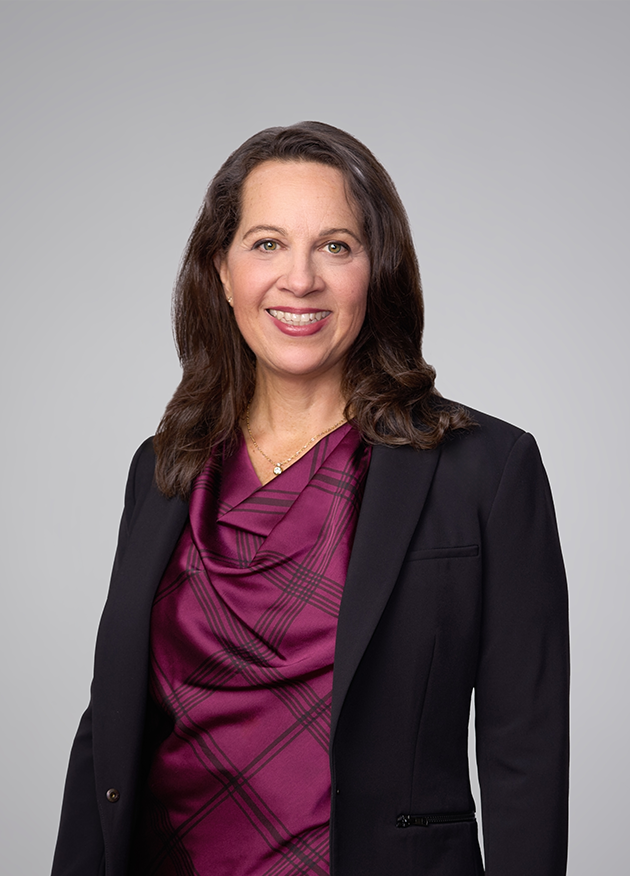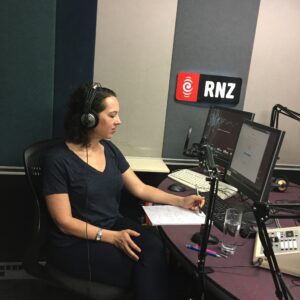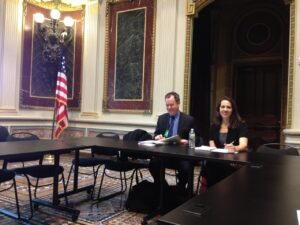Melanie Nezer is the Women’s Refugee Commission’s vice president for advocacy and external relations.

Melanie, who joined WRC in December, brings 25 years of experience in global refugee and humanitarian work. She has extensive knowledge of immigration, asylum, and international refugee and humanitarian law through legal practice, drafting legislation and advocating in Washington, DC, and internationally, teaching and training, and monitoring refugee programs around the world.
This week, Melanie sat down with us to tell us more about her work and her new role here at WRC.
Why did you get into human rights work?
There is so much sidelined human potential in the world. So many smart, creative, motivated, and extraordinarily resilient people who are stuck in situations where they have no opportunity to develop and contribute their talents. There are millions of amazing people who spend decades or even generations in tent camps or crowded cities, who will never be able to return home, with no access to education, healthcare, or work. It’s heartbreaking and it’s wrong, and it’s driven all my decisions in my professional life.
When you look back at the start of your career, and where the human rights and humanitarian community is now—what inspires you, what concerns you?

You can go to any refugee camp or city where refugees live and find remarkable acts of courage, generosity, and love by people who are refugees and by people who welcome refugees. This has been true since as far back as the Holocaust, which gave rise to the first global refugee laws, through the beginning of my career, when I worked with asylum seekers at the southern border, and it is true today. What’s concerning these days is the general lack of education and knowledge about the origins and importance of the concept of human rights. This has made it too easy for politicians to convince people they don’t have value and can be ignored, which couldn’t be further from the truth.
Why is it important to you to focus on women and girls in displacement?
Women and girls don’t create displacement, but they usually bear the brunt of it. Women hold families together and put children first. When we invest in refugee women’s healthcare, create spaces where refugee women can support each other, provide access to some cash or a job, the impact is multiplied. It’s amazing how little it takes to make a huge difference for women and girls’ safety and stability. It should be something that all of us who are lucky enough to be stable and safe join together to do.
What is your vision for WRC’s advocacy moving forward?

For me, it’s all about building on our strengths. WRC has a team of brilliant researchers who produce groundbreaking work in the areas of sexual and reproductive health and rights, the prevention and treatment of gender-based violence, migrant rights, and other areas central to the well-being and safety of women and girls who are displaced. WRC always makes sure displaced women and girls (and others who often don’t have a seat at the table) are heard; their priorities and needs are at the forefront of our recommendations. It’s long past time for women and girls to lead crisis prevention, response, and recovery in their communities. Through our research and coordinated advocacy in all the key policy spaces we can help make this happen.
What has you most excited about the coming year?
The only way to be excited about 2024 is to be ready for a challenge. Sexual and reproductive health and rights are under attack in many places around the world. But there’s a groundswell of support to protect these rights and I’m hopeful that support will extend to women and girls who are refugees.
When you’re not working on human rights issues, what do you like to do in your spare time?
I get energy from my three Gen Z early 20’s kids. They are all out there doing their part to make the world better and have such strong opinions, I love hearing what they have to say. I also need my quiet time, walking around the neighborhood, cooking up something vegetarian, or reading great fiction.


